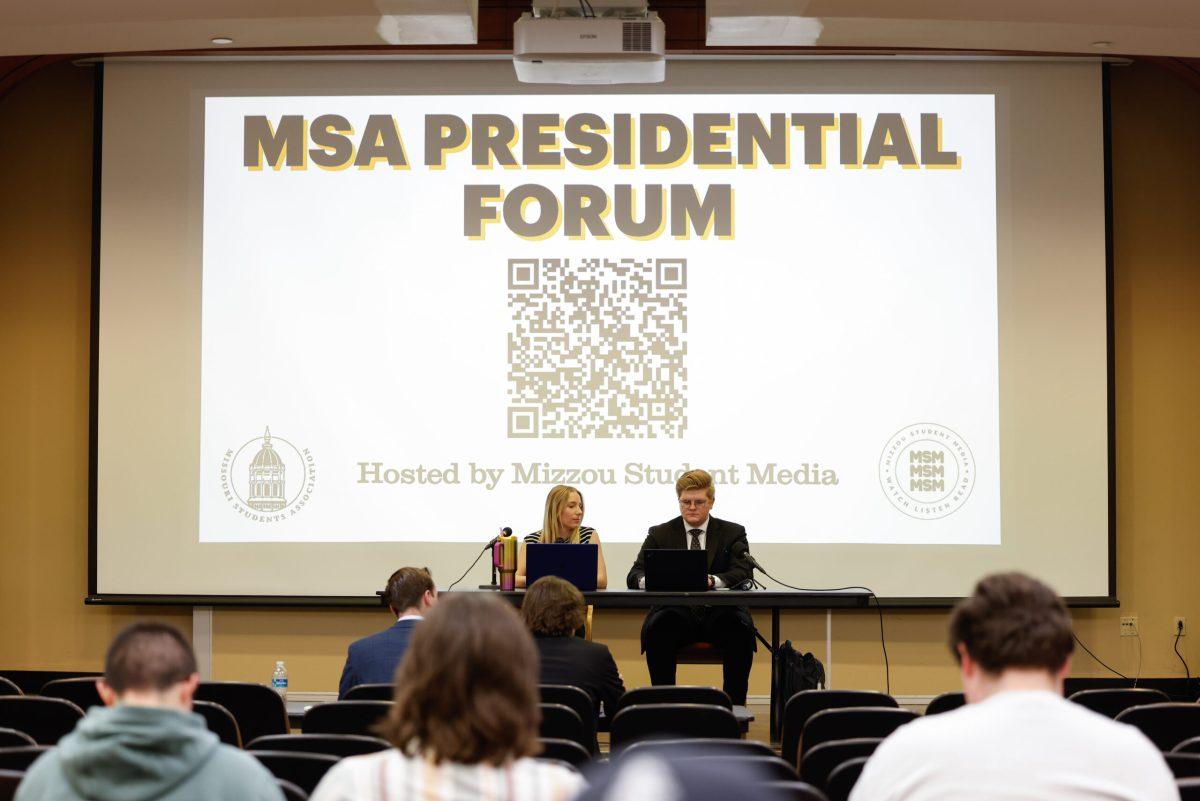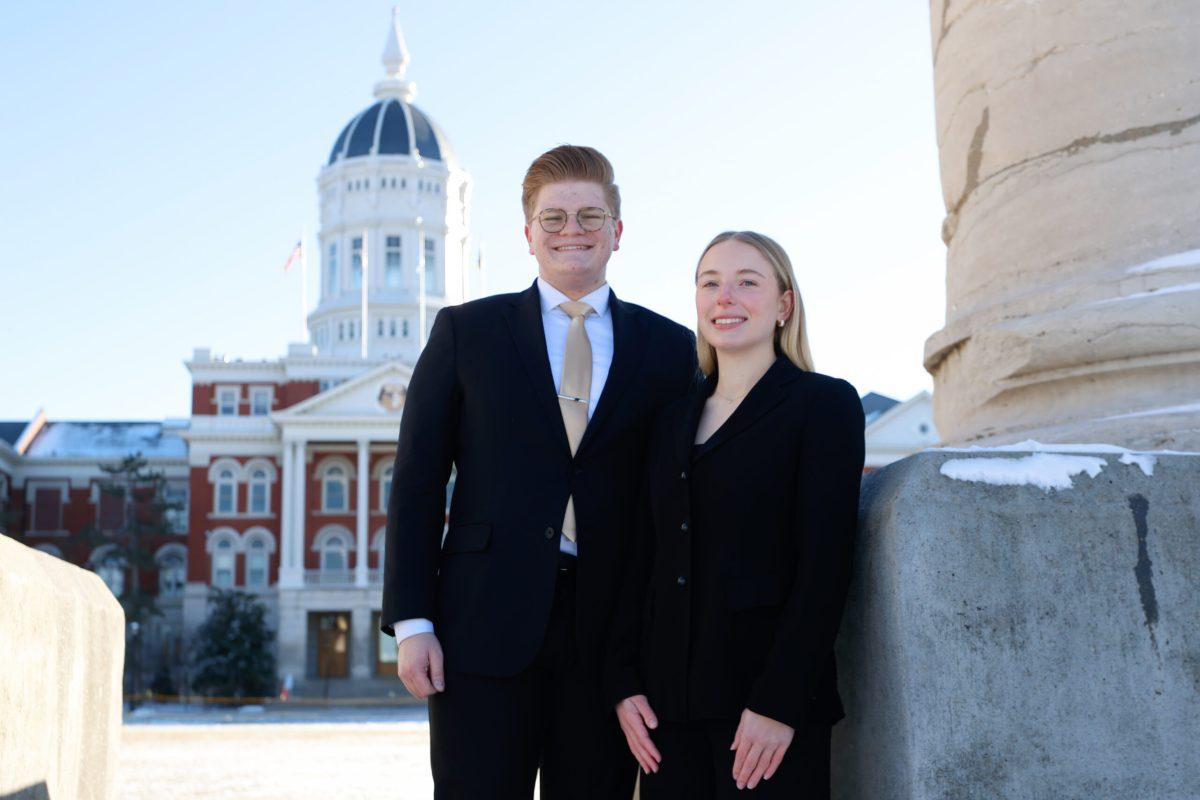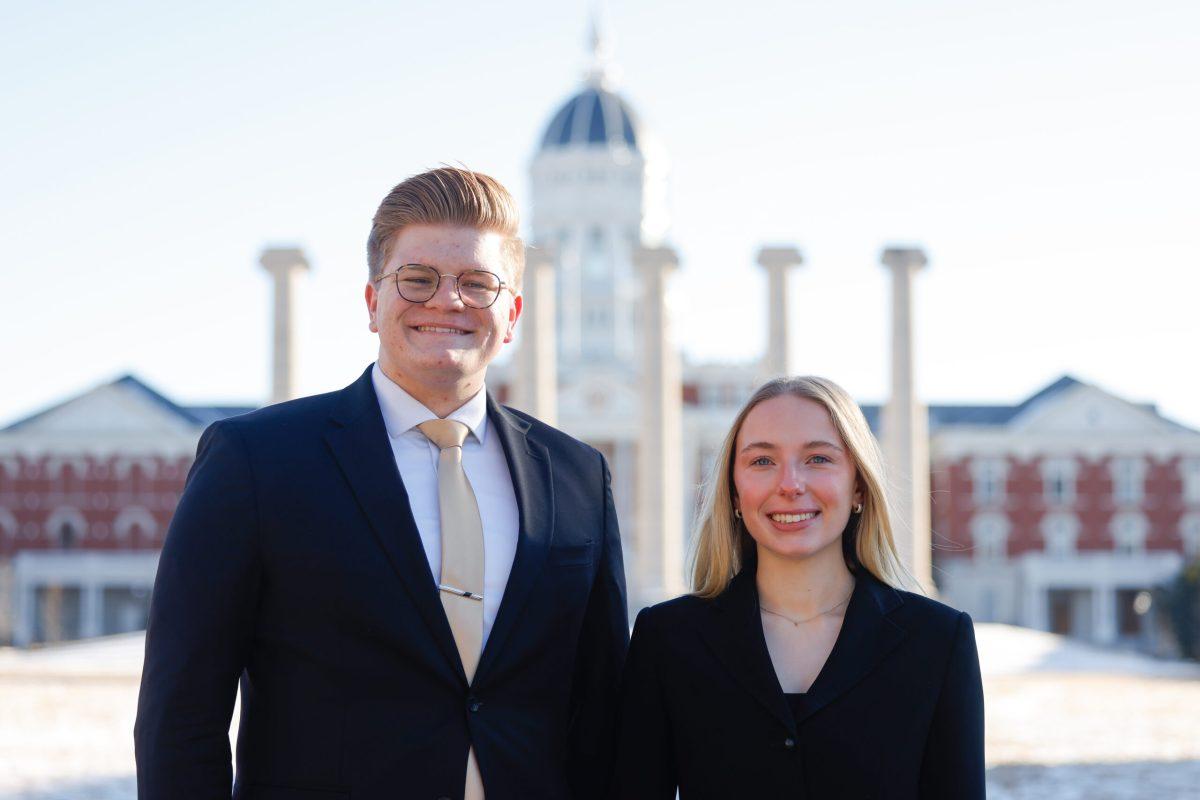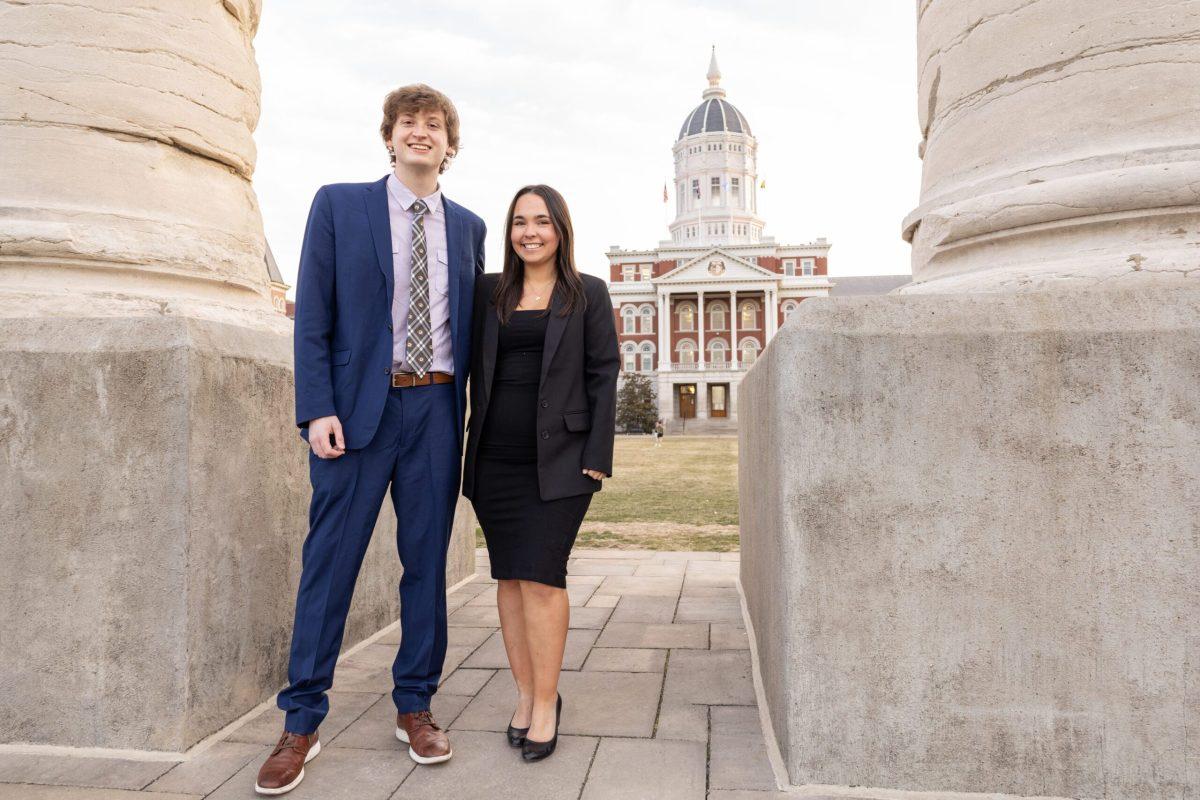The filing deadline for eligibility in the Missouri Students Association’s presidential spring election is Tuesday, Feb. 7, and all entries must be submitted by 5 p.m. The filing deadline for the senate election is Wednesday, Feb. 15, and applications can be found on the MSA Engage page.
To qualify for a spot in the presidential race students must have a presidential and vice-presidential candidate of second year standing or higher, a campaign manager and 500 unique student signatures.
The voting period runs on March 7 until March 9. There are no term limits for legislative and executive positions, allowing students to run as many times as they would like, with each term lasting a full year.
The legislative branch of MSA is made up of 81 senatorial seats, which are all up for grabs in the general election. Ten seats are dedicated to campus organizations, 50 seats are for academic senators and 20 for at large, and one seat is for the speaker.
As senators, students will represent MU’s different colleges and organizations and are encouraged to apply for the area they identify with most.
The Board of Election Commissioners enforces election protocol, and candidates are encouraged to consult the BEC Handbook if they have any concerns.
“The executive branch of MSA is responsible for presenting a vision to students instead of being recreational,” Senate Speaker Lane Cargile said.
According to Cargile, the president works to create relationships with student leaders and administration to help build their policy goals. Cargile said it is the president’s responsibility to be proactive in the execution of student goals.
The vice-president helps place students in committees and groups across campus and serves as a liaison to the different auxiliaries, such as STRIPES, Truman’s Closet and Tiger Pantry.
Josiah Mendoza and Molly Miller currently hold the presidential and vice-presidential offices, respectively. Cargile said they worked diligently to improve campus life for students.
“The current administration has increased representation and diversity within MSA, helped to create a space for Black and brown students on their teams and in both branches, have secured funding for RHA, IT and MSA, and have begun work on an important safety app that will supply students with resources and direct safety services,” Cargile said.
Students running for executive office should expect to fully devote themselves to the commitment of campaigning for the positions, according to Cargile. One of the ways they can amplify their chances of getting elected is by gaining support from student organizations.
“There are so many different student communities that deserve to be connected with,” Cargile said.
Candidates usually campaign for the support of politically driven organizations on campus, such as College Republicans, College Democrats and Greek chapters. Cargile suggests reaching out to student groups and organizations that have less representation and outreach.
“Be authentic. Have your vision and believe in it.” Cargile said. “Being a student is hard, but it gives us an opportunity to find what really matters and make it part of our identity.”
Edited by Mercy Austin | [email protected]
Copy edited by Mary Philip













